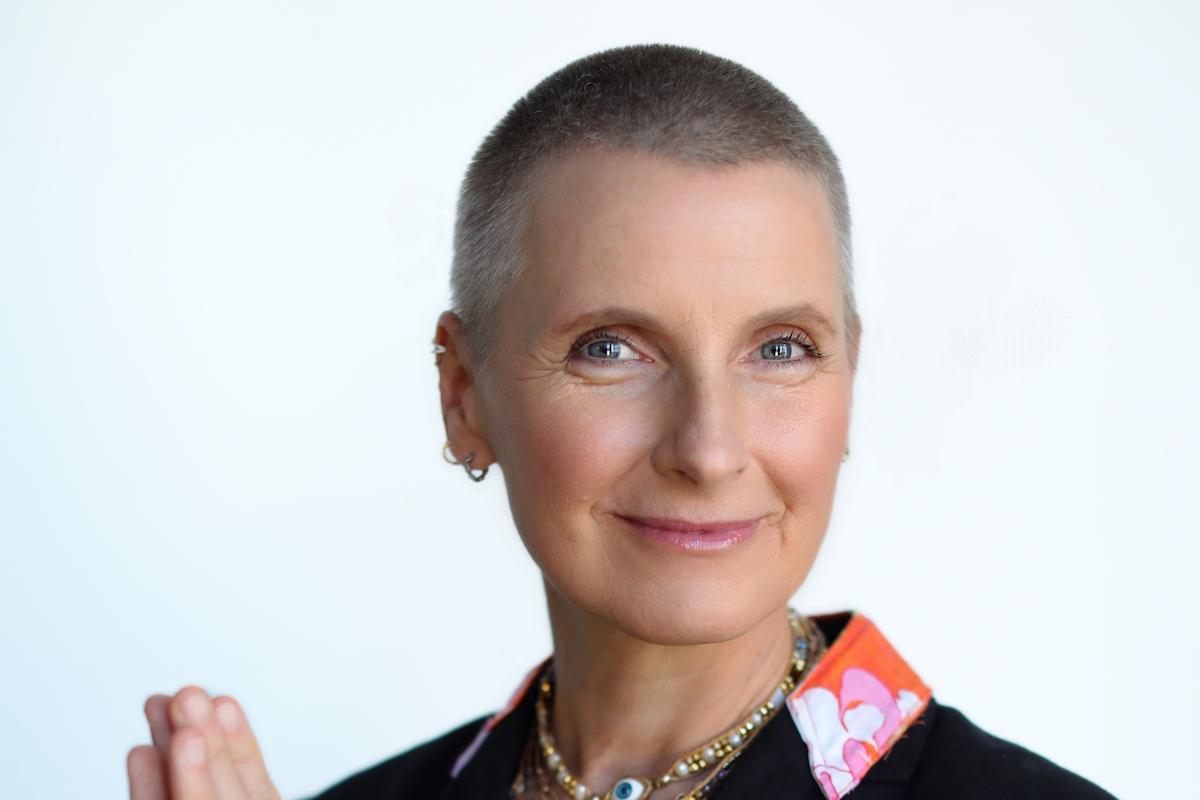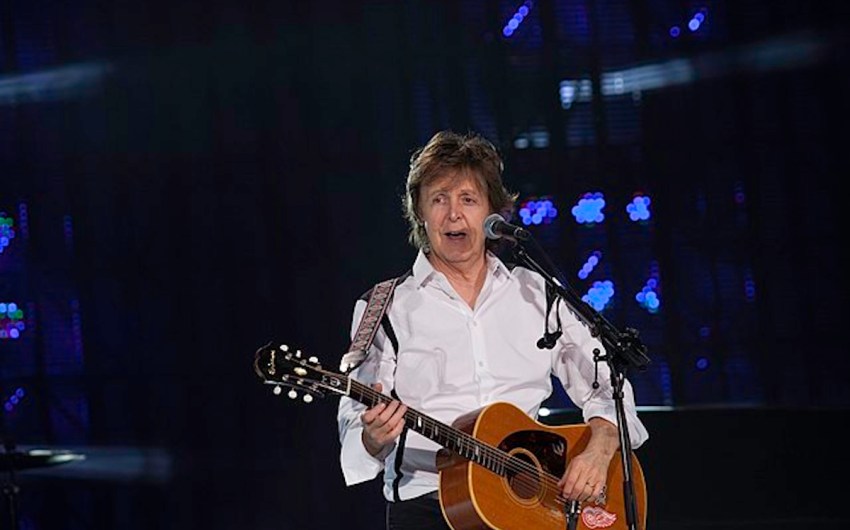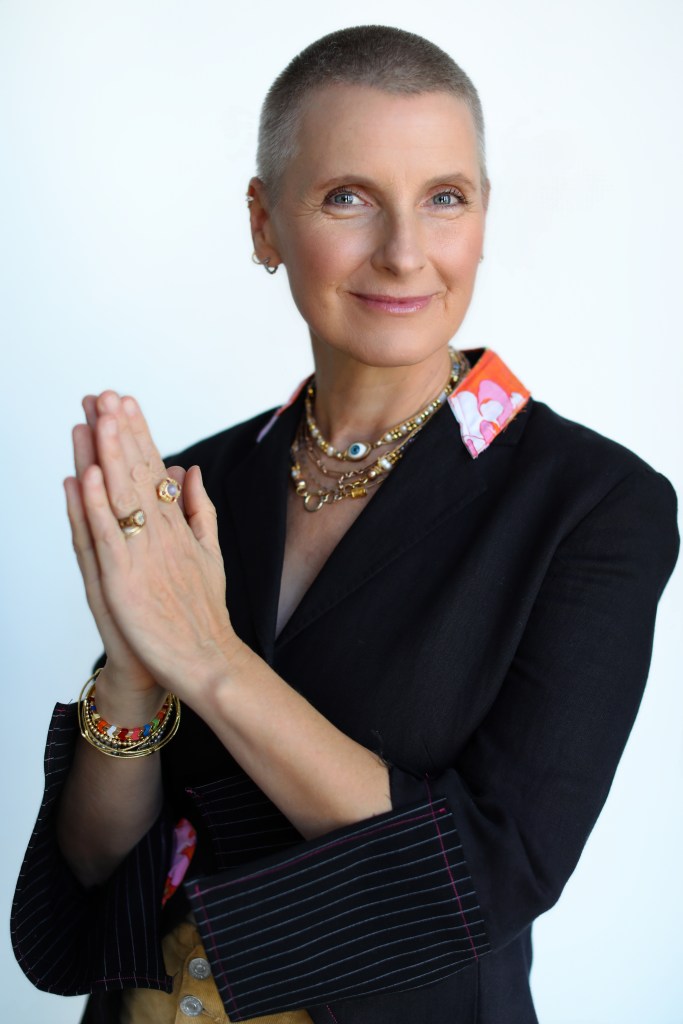 Author Elizabeth Gilbert | Photo: Deborah Lopez
Author Elizabeth Gilbert | Photo: Deborah Lopez
“Radical candor” is one of the phrases publicists use to describe Elizabeth Gilbert’s style, particularly in regard to her new memoir, All the Way to the River. The eye-opening book, so gonzo it would never fly as a fictional tale, is already a best-selling Oprah’s Book Club pick, and ticketholders will receive a pre-signed copy of it on Saturday, October 11, when Gilbert appears at the Arlington Theatre in a UCSB Arts & Lectures presentation.
Ahead of what promises to be a fascinating, humorous, and revealing talk from the author of Eat Pray Love, after reading All the Way to the River, I had a few questions of my own for Gilbert.
Just reading that book was such a roller-coaster ride, but you lived it. Now that you’ve had some time and some distance away from things, how has your perspective changed?
I think that perhaps my perspective has settled. As you say, living through the story itself was a roller-coaster ride, and it probably feels like a roller-coaster to read the book — but there is something about setting down the story on paper as clearly and forensically as I could that brought a feeling of settled peace at last. It was definitely painful to revisit some of those highs and lows, but it quieted my mind, in the end, to feel like the story was finally told. It closed the loop, you could say, on a wild and beautiful and very difficult karmic story.
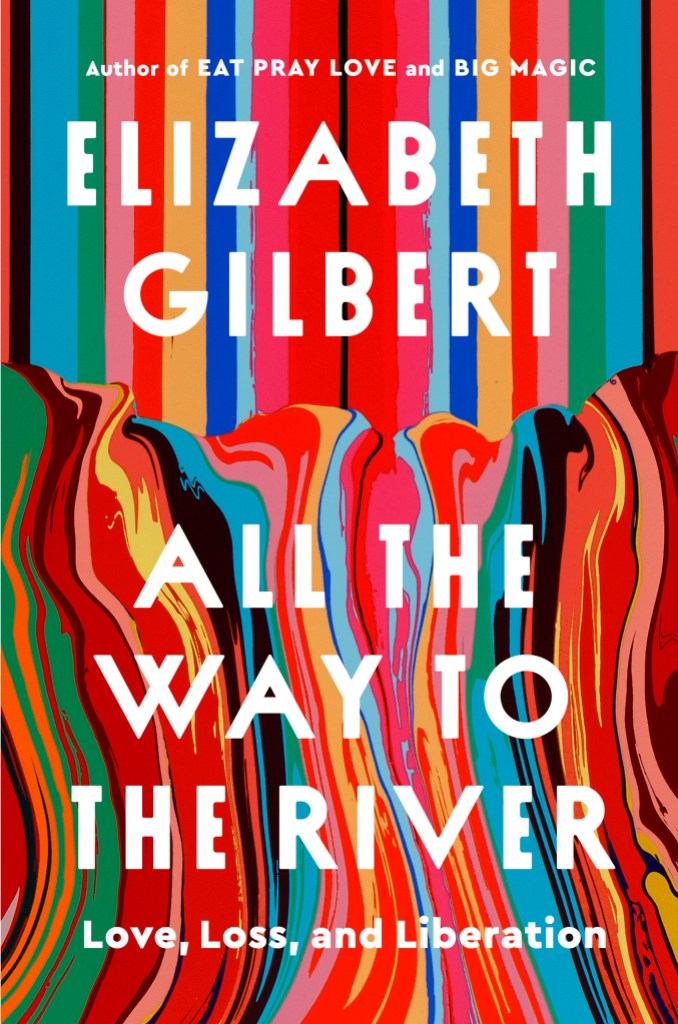 ‘All the Way to the River’ by Elizabeth Gilbert. Signed copies are included with tickets as part of the UCSB Arts & Lectures talk on Oct. 11. | Photo: Courtesy
‘All the Way to the River’ by Elizabeth Gilbert. Signed copies are included with tickets as part of the UCSB Arts & Lectures talk on Oct. 11. | Photo: Courtesy
Why put such a personal story out in the world? What are the pros and cons with laying your story out for everyone else?
It’s difficult for me to answer this question in terms of logic; I can only very carefully answer it in terms of something more mystical and ineffable than a mere “decision.” The truth is that I tried very hard for several years not to write this book, because I knew it would be painful to revisit the story. I wrote two other novels in the years since Rayya died, almost as a way of getting away from the story.
But the story would not get away from me. I had also promised Rayya that I would write a book about us, and that I would tell the whole truth in these pages — for nobody was ever more unblinkingly courageous than Rayya when it came to facing the truth. She felt that our story would help some people — especially those suffering from addiction and codependency. … In many ways, I would have been failing Rayya had I not written it.
But there is something beyond even that deathbed promise at play here. The only way I can explain it is to say that the story would not leave me alone — that the story itself demanded to be told. I fully accept that there are people who will not understand that — and perhaps I don’t fully understand it myself. Writing this book was a spiritual assignment, and a difficult one — but one that I could not evade. I simply felt that I had no choice.
What would you say to critics that say that putting so much of yourself out into the world is a form of exhibitionism, which can be just as addictive as anything else?
Again, I want to be very careful and respectful with my answer here. I don’t make a practice of responding to my critics. This is not because I’m defensive about it, or because I don’t respect the art of criticism and its very necessary role in culture. Now, more than ever, it is essential that people can freely express their beliefs in the media — whatever those beliefs may be. But it is disorienting and dysregulating for me at a very fundamental level to focus upon how I am seen, or what is being said about me. I learned this in the aftermath of Eat Pray Love. Over the years, there have been people who said my book had saved their lives and changed the trajectory of their lives forever, and there were other people who said I was an irresponsible, exhibitionist disgrace to have written the book at all. How in the world can I find ground under my feet if I become seduced by either of those views? You can imagine the games it can play with one’s head.
So, I respect everyone’s right to an opinion, but when it comes to doing my work, I have to follow my own creative and emotional intuition, and take my direction from my own higher power, and from the people whom I know and trust intimately.
What has the reception to the book been like for people who you are close to?
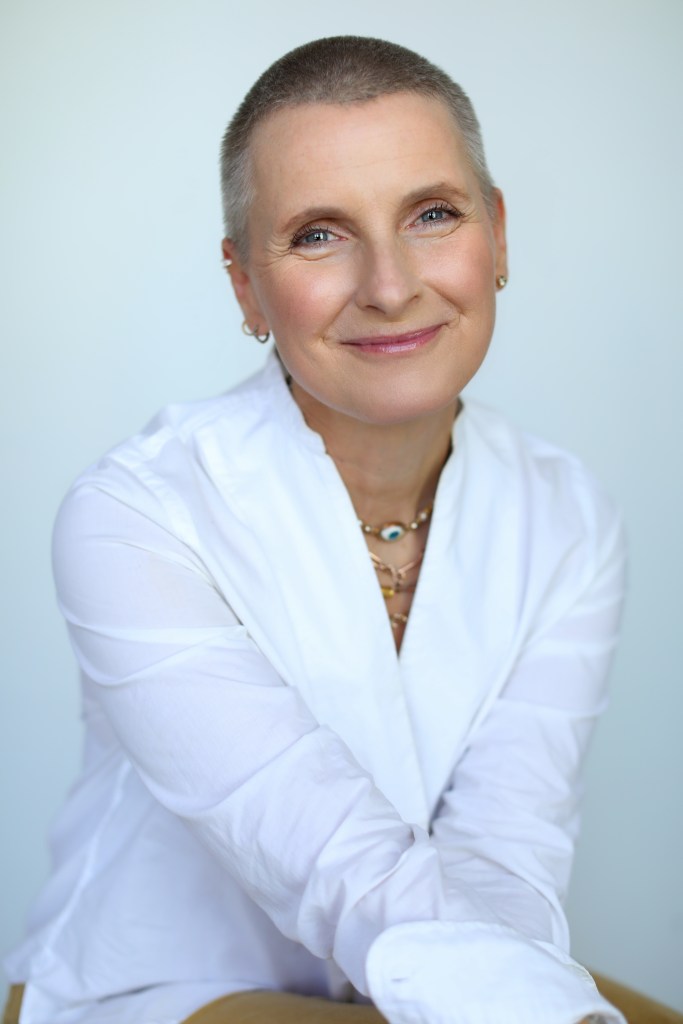 Author Elizabeth Gilbert | Photo: Deborah Lopez
Author Elizabeth Gilbert | Photo: Deborah Lopez
I think my favorite reaction was from my beloved Uncle Nick, who is the only other member of my family who is in 12-step recovery. He is also an English teacher and a brilliant guy who has been a writing mentor to me my whole life. I always show him my work long before I show it to anyone else. When he read All the Way to the River, he wrote me a letter saying, “I absolutely love your appalling new book — and I can’t wait to share it with my sponsees.” This feels like just the right response. It is indeed an appalling story, and yet there is much love, too, in those pages, and hope for recovery.
Ultimately are you glad you wrote the book?
Yes. I kept my promise to Rayya to “go full punk rock” with the telling of the story — just as she told me to. Even in all the pain of revisiting the darker parts of the story, there was also a joy in bringing her to life on the page. She was so vivid and glorious a human being — compelling, funny, courageous, contradictory, paradoxical, maddening — and I was not sure when I began writing the book that I would have the skill as a writer to convey her gorgeous and outrageous paradoxes. … I am grateful for the chance to have kept her unique personality alive.
And I am already getting letters from readers who are saying that they saw themselves represented in our story (sometimes in the role of the addict, and sometimes in the role of the codependent enabler; sometimes a little of both) and that the book has inspired them to seek healing and recovery for their own pain and unmanageable compulsions. … This is gratifying to hear, and exactly what Rayya had hoped for, and why she had commanded me to tell the story. She wanted our story — no matter how rough it was, or how bad it made both of us look at times — to carry hope to others. … Wherever and whenever we can carry the message of hope and recovery, we do it.
Elizabeth Gilbert will speak at the Arlington Theatre (1317 State St.), Saturday, October 11, 7:30 p.m. Seeartsandlectures.ucsb.edu.

